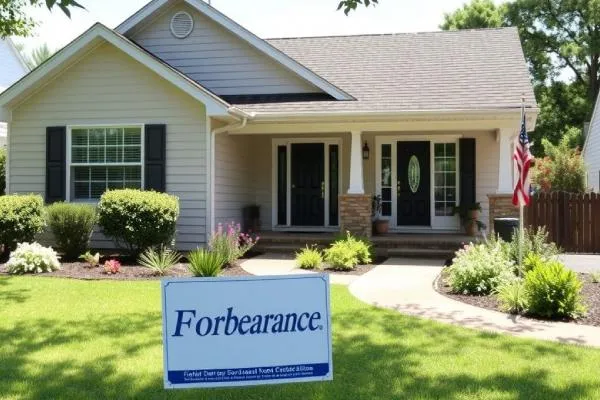
Understanding Mortgage Forbearance: What You Need to Know Before It's Too Late
We saw these a lot during the Covid. Many people got a forbearance in their payments because they lost their job or got sick. As the forbearance came due, our clients told us they didn't know the forbearance would be due in a lump sum. They thought they could pay it back later or over time. This shows most people didn't know what they are signing up for with the payment forbearance and the mortgage company didn’t properly explain it.
This overview will make everything much clearer:
What Is a Forbearance?
A forbearance is when your mortgage company says, "We'll give you a break, but you still owe all the money at the end." Usually, they expect you to pay the full amount in one lump sum after the break period. Let's break this down with numbers.
Breaking It Down with Numbers
Let’s say, your mortgage payment is $1,000 per month. The mortgage company agrees to a 3 month forbearance. This means you don't have to pay for 3 months. But after those 3 months, you'll be paying the full $3,000 (3 months x $1,000) all at once. The mortgage company is just delaying when you have to pay, not forgiving the debt.
For example, the mortgage company gave you a 3-month break. Your normal payment is $1,000. You usually pay $1,000 every month. But during your break, you don't have to pay the mortgage company.

So the mortgage company gave you time… But at the end of the forbearance period, they expect you to pay the full amount in one lump sum. This is like you were saving the payments even though you were struggling. It doesn't really make sense, does it?
Is Forbearance Really a Solution?
A forbearance is like trying to fix a hole in your tire using duct tape. It may work for a little, but it won't get you very far. Or it may not work at all.
The only time a forbearance makes sense is when you know for sure you will get a large amount of money to pay it back. Maybe you’re receiving a payment from an accident or lawsuit you are owed. Or it could be a severance package from a previous job. Maybe you are selling something valuable that is about to close.
Even in that case, you're still taking a risk. What if it doesn't work out? What if it's not there when the forbearance is due?
What Should You Do Instead?
You can request the mortgage company to postpone the forbearance payment until you either sell the property or pay off the loan.
You can also withdraw from your 401K for a hardship, so you can pay the forbearance on time.
Not only that, but you could look for ways to make up the lost income.
Or you could start the process of selling your home instead of trying to keep driving with duct tape on your tire.
Need Help? We’re Here for You
Want a personalized look at your situation? We can analyze all your options. For a short time, we are offering free strategy sessions. Schedule yours soon before they're all taken.


